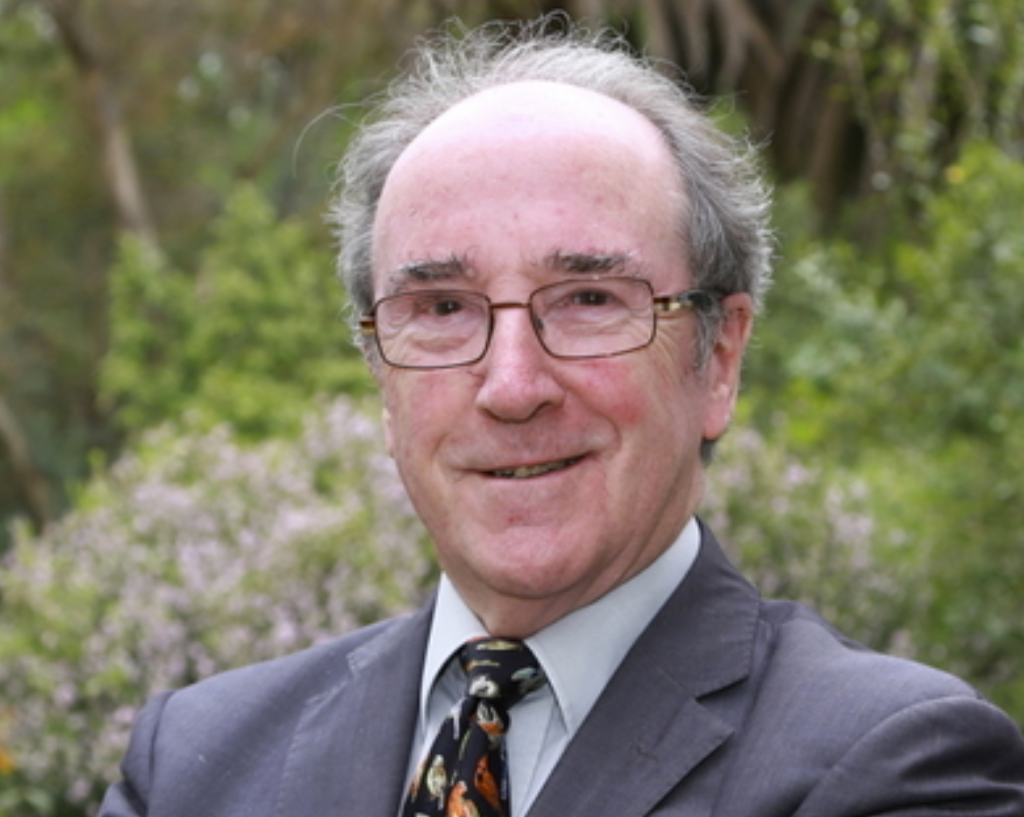David Hugh Mellor (known as D.H. or Hugh Mellor), professor emeritus of philosophy at the University of Cambridge, has died.

Professor Mellor was well-known for his work in metaphysics, writing about time, causation, properties, probability, and other subjects. You can explore his writings here.
He earned his Ph.D. in philosophy at Cambridge in 1968 and was a professor there from 1971 until his retirement in 2005. He had initially studied chemical engineering before moving into philosophy.
He died unexpectedly Sunday morning.
In a 2015 essay, “Artists and Engineers“, Professor Mellor defended the study of the humanities against those who think it of little value in comparison to the sciences. He writes:
A thing’s instrumental value itself depends by definition on the intrinsic value of the end to which it’s a means… So science’s usefulness will only make it more valuable than the humanities if the intrinsic value of its applications exceeds that of the humanities and their applications… The value of greater longevity [owed to scientific discoveries], for example, depends on whether longer lives go well, which not all do, since, for more and more of us, a growing proportion of our lengthening lives, the
…Last scene of all,
That ends this strange eventful history,
Is second childishness and mere oblivion,
Sans teeth, sans eyes, sans taste, sans everything (Jaques, As You Like It, Act 2, Scene 7).
Against this, though, we must set the vast increase in human health, and consequent reduction in human suffering, caused in the last two centuries by the use of scientific discoveries to improve agriculture, public health and medicine. Our ability to meet these undeniably valuable universal needs and wants was certainly enabled by those scientific discoveries.
But that these benefits, while still far from universal, are as widespread as they are, is due not to science but to social developments, like the end of slavery, the protection of children, the spread of education, democracy and the rule of law, respect for human rights, fair and honest trade, and so on. These are products of developments not in science but in the humanities: in ethics, economics, social, political and legal theory—and in the arts, as in novels, like Charles Dickens’ Nicholas Nickleby, whose public impact destroyed schools like its dreadful Dotheboys Hall. Where the humanities go wrong, so do the applications of science: to war instead of peace; to poverty instead of plenty; to the curtailment of liberty; to increased sexual, racial and religious discrimination; and so on.
So if a reduction in human suffering adds instrumental value to the medical and other sciences that cause it, it must also add instrumental value to the humane attitudes which apply the sciences to that good end: because each needs the other to achieve that end.